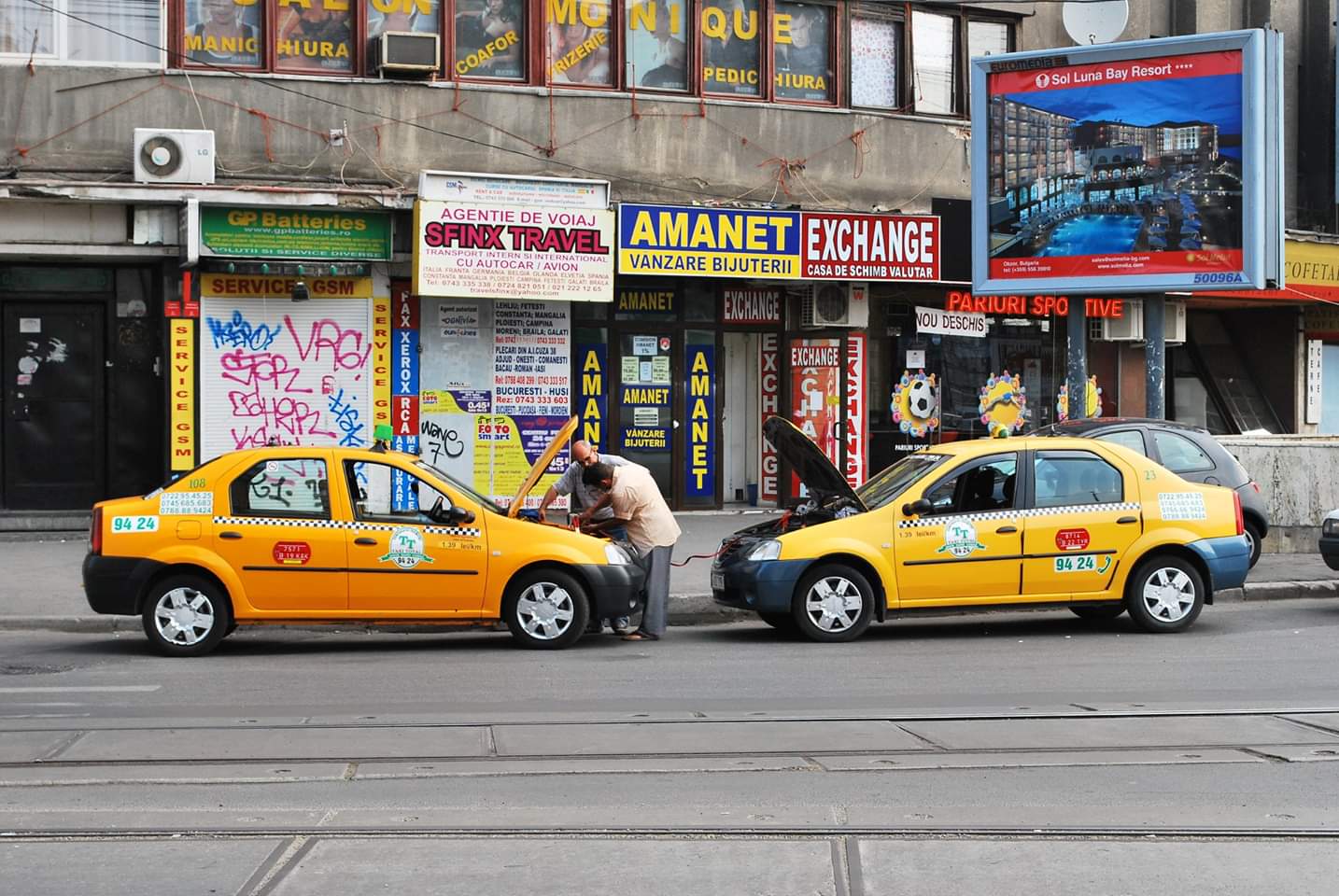Some companies have understood the importance of the ‘chronotype’ and build schedules and work projects on it. To have more performing employees. And happy!
Reading time: 1.40 m
A recent news on New York Times talked about the chronotype, that is the biological predisposition to be a morning person, at night or something halfway. Based on this feature, an increasing number of companies are allowing to schedule work time based on just when you work better. A phenomenon completely contrary to what happens in most companies that impose the same hours to all, even assigning the most demanding tasks at the wrong time.
Professor Céline Vetter, Assistant at the University of Colorado in Boulder and Director of the Laboratory of Circadian Epidemiology and Sleep at University says that as many as 80% of people have working hours that clash with their own internal clock, the so-called chronotype. Some people have their internal clocks that follow the rising and setting of the sun, and they need eight hours of sleep a night; others work better in the late evening or even at night. Employees who work in companies that require the same hours for everyone may have problems. There are a few virtuous examples: ThyssenKrupp in Germany has assigned chronotype based shifts; in AbbVie in Denmark, a pharmaceutical company, employees follow a nine-hour training program that helps them understand when they have to tackle difficult projects and then work out their work programs accordingly.
However, we are still very far from a very wide flexibility: managers generally have positive prejudices against the early risers, considering them more conscientious than those who arrive later. Moreover, on average, in most companies it often happens that many employees are inundated with emails to be written and answered all morning, until lunchtime, and come back from lunch that they have now consumed almost all their first peak of energy and concentration. Worse than going at night when it comes to badly assorted work groups, in which some are early risers and others are nocturnal.
This phenomenon of the seemingly bizarre and funny chronotype opens the doors to the flexibility that today should be experienced by companies and people who work there (a theme already dealt with in another of my post). Smart managers are ready to open up to a space flexibility, to allow to work anywhere, and a time flexibility, to allow to work in the desired moments. Because in the end it does not matter to badge stamp but the objectives assigned and achieved!








Commenti Facebook